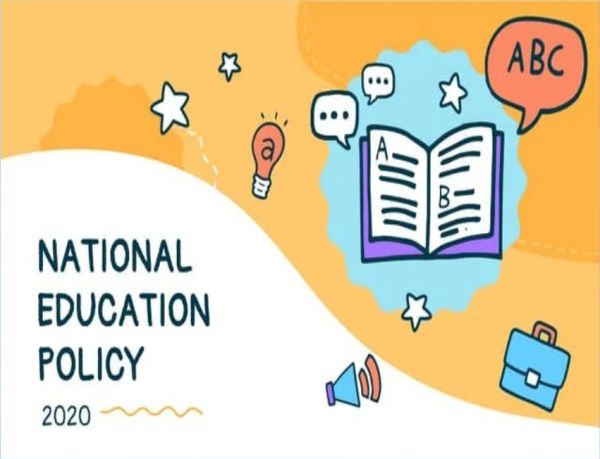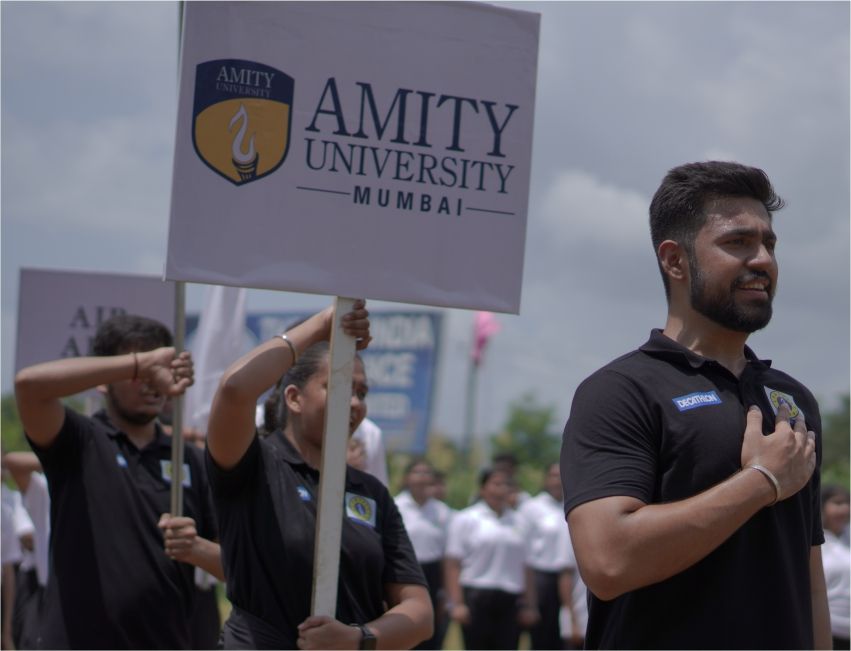Youth Corner: NEP 2020 - Conclusions and Way Forward

- Dr. A.K. Sen Gupta
- 21 Jun, 2024
Historically there has been a definite correlation between educational system and economic prosperity of a nation. All countries that have defined economic and social growth in the last two centuries were all propelled by a strong and quality education system. Being 5th largest economy in the world, India today's happens to be one of the most economically progressive countries. However, the real challenge is how to sustain the economic growth so that we can reach big players like China and the USA. For this to happen, the education system will have to play a key role. The much-needed big bang reforms require the country to have dedicated, passionate, trained, and multi-skilled manpower who can take the country to the next level.
This is the context under which the NEP 2020 needs to be perceived.
Major Reforms Agenda:
NEP 2020 is a major departure from earlier educational policies. While continuing the broad theme of equity and access, the policy majorly focuses on areas that were totally new and revolutionary in nature. Some of these breakthrough agenda are:
a. The policy aims to align the structure of the Indian education system with that of the “international counterparts”. This is scheduled to start from school education making it uniform across the boards at fifteen years with entry at three and exit at eighteen. This alignment is also visible in HEI sector launching of 4-year degree programs in line with international benchmarks.
b. Breaking the traditional concept of division of Indian school education from standard 11th into arts, science and commerce, the new education policy has tried to make the education journey of a student more holistic. It aims to create individuals who are independent with analytical as well as intuitive skills and ready for all types of job / life challenges. This also aligns Indian school education with international norms.
c. Integrating “formal education” with “vocational education” and “entrepreneurship” from school days will make students better skilled; this might also help generation of entrepreneurship ideas at school level itself.
d. There is a huge focus on Indian languages including Sanskrit from school education itself and also on “Indian Knowledge System (IKS)”. This will make students better equipped to understand and appreciate our rich culture and strengthen the same for future growth of the country.
e. Concept of “multiple entry and multiple exit” system as envisioned in the policy along with “academic bank of credit” will give students an enormous opportunity to explore the real world along with studies.
f. Another major recommendation is moving away from the traditional “single-disciplinary” to “multi-disciplinary” approach. This will ensure development of multiple skills in students in lieu of single skill. Similarly, the move to introduce “liberal education” will allow students to develop not only “rational thinking” but also “intuitive decision making.”
g. There is a huge focus in the policy to create a research culture in the country through creation of “National Research Foundation”.
h. Pathbreaking recommendations have been given in the space of “single regulatory body” and also moving towards “binary system of accreditation”.
Moving Forward:
The policy thus contains some refreshing recommendations. What is now needed is a strong political will to take the changes forward and implement it in letter and spirit so that the Indian education system becomes the best in the world. Here lies the problem as pace of implementation is quite slow and even negative in some states. Thus, only the future will tell whether the policy will seriously influence the Indian future or not. As citizens of the country, we can only wish for a speedy implementation of NEP 2020 as there lies the future.
Dr A K Sen Gupta is the Founder and Convener, Higher Education Forum (HEF). He is former Director of SIES College of Management Studies (SIESCOMS), Navi Mumbai and Bharatiya Vidya Bhavan’s S P Jain Institute of Management & Research (SPJIMR), Mumbai. He may be contacted at aksengupta51@gmail.com or 9821128103.




